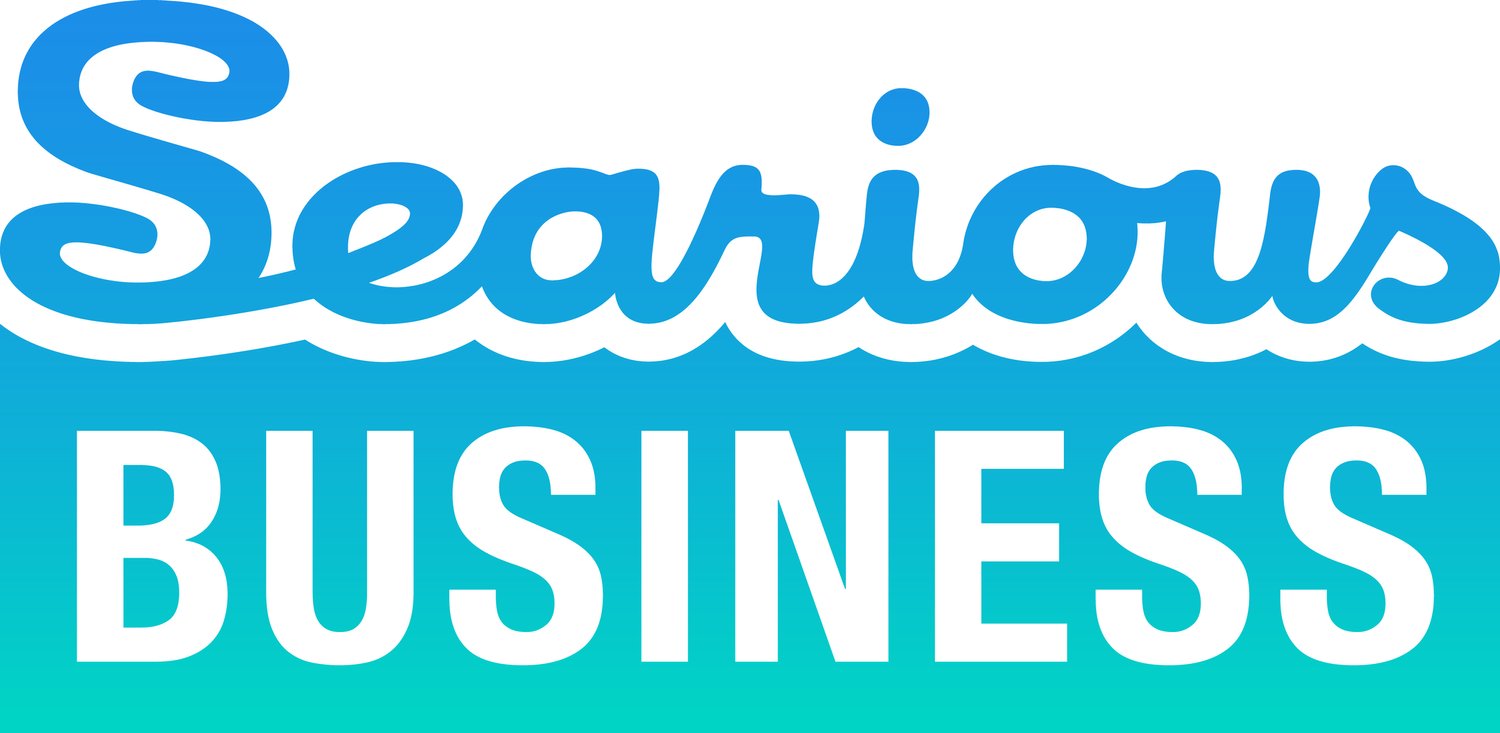Tropical the island breeze, all of nature plastic-free
That is the end goal of Searious Business, a circular plastics consultancy based in the Netherlands. Since 2020, they have collaborated with the IUCN "Close the Plastic Tap" Programme and the Norwegian Agency for Development Cooperation (NORAD) to solve plastic pollution on six Caribbean and Pacific islands. By analysing the plastic waste pathways in the tourism, fisheries and waste management sectors, they will create a blueprint for innovative solutions. This model, when successful, can be repeated on islands all over the world. After all, the world is just one big island.
Time to test practical solutions
The first quarter of this year was about bringing the relevant stakeholders on board, scouting for the most suitable technology, seeking complementary initiatives, and assessing the viability and investor-readiness of the most suitable solutions. This month, the project enters its trial period. Nine solutions designed by 12 working groups will now undergo thorough testing and refinement on Antigua-Barbuda, Saint Lucia, Grenada, Fiji, Samoa & Vanuatu. Each island has selected the solutions they are going to test. Together, we have developed business cases, prototypes, and collection and recycling schemes. Once the data is collected, we will design a blueprint of best practices ready for upscaling.
Plastic in Paradise
Plastic pollution is having a colossal impact on our oceanic ecosystems. Small island nations, in particular, are experiencing a deluge of plastic waste, washing up on their beaches and damaging their biodiversity. These vulnerable economies are primarily dependent on tourism and fishing. The effect of pollution on these industries can be devastating. Ocean plastic comes from several sources, including islanders themselves, but one of the greatest contributors is tourists. Holidaymakers generate a shocking 2/3 of their annual plastic leakage during a 1-week stay on an island. It is expedient for hotel and tourist companies to bring this to a halt. In their 2019 report, TUI showed that hotels focusing on sustainability consistently outperform those who don’t; in terms of emissions, waste production and energy use. On average, 10% lower CO2, 24% lower waste, 19% less freshwater, 23% higher green energy use, and notably higher customer satisfaction scores.
What are we doing about it?
The focus in the island’s hotels has been on stimulating reuse—reusable food containers and drinking bottles for guests, alongside a filtered water refill system. Also, by introducing refillable dispensers for toiletries and cleaning products, hotels can reduce their single-use plastic waste by up 80% while lowering their procurement costs by 30%. It's a win-win.
Science shows that a lot of ocean plastic comes from discarded ghost fishing gear. In recognition, we are pushing for net-to-net recycling systems, enabling fishermen to lower their impact and keep the value of their nets from getting lost at sea.
It's impossible to eliminate all plastic from our lives. In which case, we need to make sure we recycle it efficiently. We are establishing collection, sorting and separation infrastructure so local manufactures can convert it into quality goods. Innovative prototypes of furniture and products have been designed to utilise this recycled material. This will provide additional revenue streams to the local economy—putting their waste to use, keeping it on the island and out of our ocean.
Calling all pioneers!
Best practices can be implemented on other islands - and even on the mainland. Islands represent a closed economy on a small scale, so you can quite accurately determine the consequences of systemic changes. This makes them perfect for serving as ambitious test models for companies and investors. We are inviting any interested parties who want to get involved in this ground-breaking project. Together we will drive systemic change and stop plastic waste from leaking into the ocean. Contact us.
#plasticwastefreeislands #closetheplastictap
For more info, contact Emma Samson from Searious Business: emma@seariousbusiness.com
Searious Business are game-changers in the plastics industry. A social enterprise business founded in order to prevent plastic pollution, their work involves systemic change on an international level and accelerating brands towards circular plastic use.


